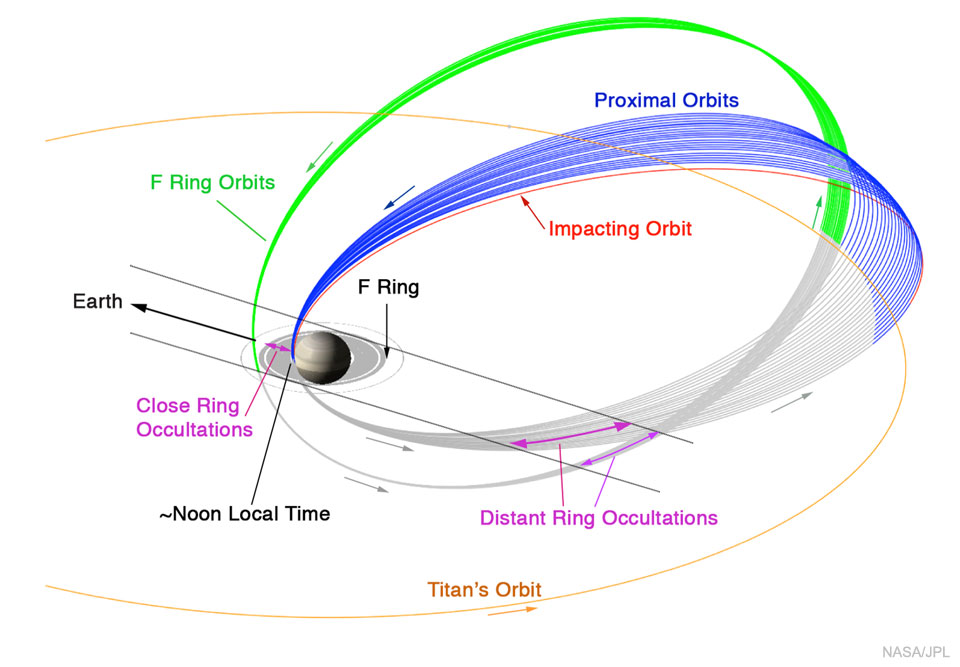Four hundred and sixty-six million years ago, there was a giant asteroid collision in outer space, and the debris from that collision has been falling to Earth ever since. But for the first time, scientists have created a reconstruction of the kinds of meteorites that fell before this collision. They discovered that today's common meteorites were once rare, while many meteorites that are rare today were common before the collision.
via Science Daily
Zazzle Space Exploration market place
